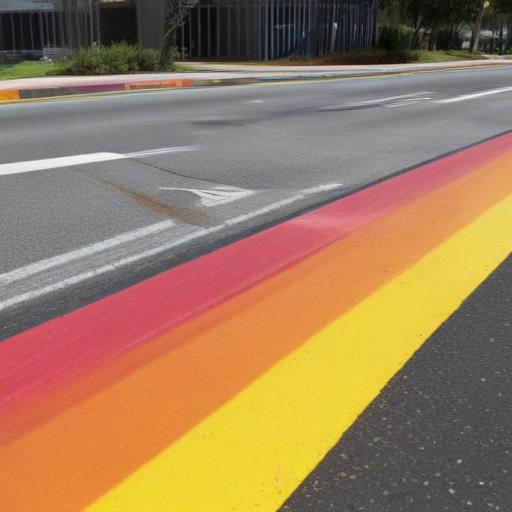A rainbow crosswalk at Orlando’s Pulse Memorial was painted over by the state late Wednesday night, drawing swift backlash from city leaders and Pulse survivors who say the move erases a symbol of remembrance.
The crosswalk, part of the Pulse Memorial honoring the 49 people fatally shot at the LGBTQ nightclub in 2016, was installed in 2017 and had been noted for enhancing safety and visibility for pedestrians visiting the memorial.
Orlando Mayor Buddy Dyer criticized the action on social media as a cruel political act, noting that the crosswalk adhered to safety standards and had been installed by the state. “This crosswalk not only enhanced safety and visibility for the large number of pedestrians visiting the memorial, it also served as a visual reminder of Orlando’s commitment to honor the 49 lives taken,” he wrote.
Brandon Wolf, a survivor of the Pulse shooting, called the removal a desecration of the victims’ memories, saying, “In the dark of night, they came to erase our show of solidarity, our declaration that we will never forget. The cowards who feel threatened by our lives should feel lucky they didn’t have to bury the ones they love — then watch the state come & desecrate their memory.”
On Thursday, Gov. Ron DeSantis responded on X to criticism of the crosswalk removal, saying, “We will not allow our state roads to be commandeered for political purposes.” A spokesperson for the state Transportation Department did not respond to requests for comment.
The crosswalk removal comes after a directive from President Donald Trump’s transportation secretary, Sean Duffy, who in a July 1 letter to all states urged “consistent” roadway markings that are “free from distractions.” In the same post, Duffy criticized rainbow crosswalks, arguing that taxpayer funds should go toward safe streets and that political banners have no place on public roads.
Overall, the incident underscores ongoing tensions around public displays of LGBTQ+ symbolism on state and local infrastructure, set against concerns about road safety and standardizing markings. The state’s action has sparked debate about how communities memorialize tragedies and what roles government should play in maintaining or removing such symbols.
Context and potential implications:
– The Pulse Memorial remains a focal point for remembrance in Orlando, with advocates likely to push for reinstating or redesigning memorial markers to honor victims while addressing safety concerns.
– The dispute highlights broader national conversations about the display of LGBTQ+ symbols on public property and how political considerations intersect with memorial spaces.
– City officials may explore alternate memorial features or crosswalks that maintain safety standards while preserving the memory of those lost.
Summary: A state-initiated repaint erased a Rainbow Crosswalk tied to the Pulse Memorial in Orlando, prompting strong reactions from city leadership and survivors, while federal and state officials cite safety and standards in the broader debate over public memorials and roadway markings. The incident signals continued community interest in honoring victims of the 2016 attack and ensuring respectful, safe public spaces. A hopeful note is that dialogue around memorial design and safety could lead to inclusive, durable solutions that honor lives while keeping streets safe for all.
